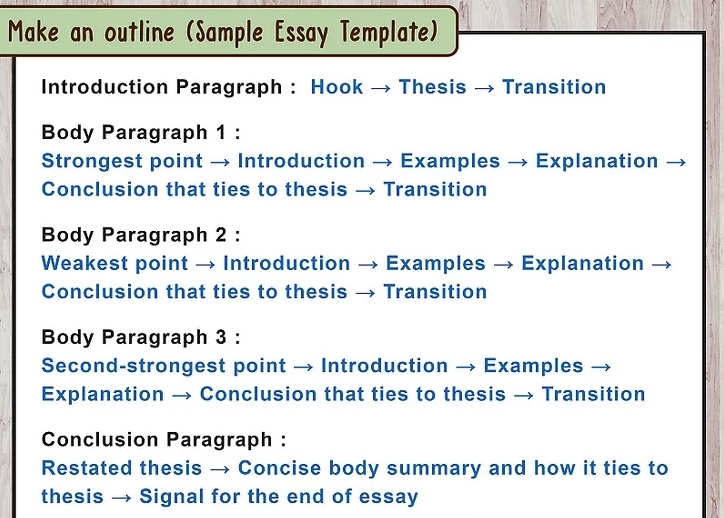
5/5/ · How to Write a Strong Introduction for an Analytical Essay - YouTube. Grammarly | Work Efficiently From Anywhere. Watch later. Share. Copy link. Info. Shopping. Tap to unmute. If playback Author: Meg Mosier 9/3/ · The best introductions start with a hook such as a rhetorical question or a bold statement and provide global context, outlining questions that your analysis will tackle. A good introduction concludes with a thesis statement that serves as the north star for the entire essay. Carefully organize the body of your blogger.comted Reading Time: 5 mins 11/11/ · This video explains how to write an introduction for an analytical essay. It discusses what components to include, the dos and don'ts and a worked example to Author: Aimee Shattock
How to Write an Introduction to an Analytical Essay | The Classroom
The purpose of an analytical essay is to propose and support an argument. By analyzing the material on which the essay is based, the essay writer should develop a position regarding the accuracy of the original information. The introduction is one of the most important parts of an analytical essay. This is because it is in the introduction that the reader will receive his first impression of the essayist's position.
Understand the source material thoroughly. Every analytical essay is essentially a how to write an introduction in an analytical essay on someone else's work. This means that an effective analytical essay writer is someone who is able to read and understand the source material exceptionally well.
Grab the reader's attention. By including a quotation or controversial statement in the first few lines of the introduction you generate interest in your essay. This increases the likelihood that your essay will leave an impression and actually influence the reader's opinion. Summarize the source material. This summarization is sometimes referred to as an abstract and should be included in the introduction. The summary should inform the reader how to write an introduction in an analytical essay the title and author of the source document as well as provide a brief synopsis of the source document's main points.
By including this abstract in the introduction, the reader will have a better idea of the context in which your argument arose, how to write an introduction in an analytical essay. Finish with a thesis statement. A thesis statement is a concise sentence that outlines precisely what the main argument of your essay is. The thesis statement is going to be the main idea or position that the remainder of your essay is going to support. It is important that this position be an opinion rather than a fact, since it must be something that can be argued both for and against.
Soren Bagley recently graduated from the University of Toledo with a B. in English Literature. He has been a professional writer for two years and his work has appeared on a wide variety of internet web sites, including Associated Content. com and Ehow. length { this. removeChild sources[0] ; } else { this. querySelectorAll 'source' ], arguments[0]. pencil sharpener and pencil image by hannahfelicity from Fotolia.
How to Write an Introduction to an Analytical Essay. References Custom Writing: Analytical Essay. The recommended length for most analytical essay introductions is around eight sentences.
How to Write a Strong Introduction for an Analytical Essay
, time: 6:48How to Write an Analytical Essay | Full Guide by HandmadeWriting

How to Write an Introduction to an Analytical Essay. The purpose of an analytical essay is to propose and support an argument. By analyzing the material on which the essay is based, the essay writer should develop a position regarding the accuracy of the original information 5/5/ · How to Write a Strong Introduction for an Analytical Essay - YouTube. Grammarly | Work Efficiently From Anywhere. Watch later. Share. Copy link. Info. Shopping. Tap to unmute. If playback Author: Meg Mosier 1/25/ · In the introduction of an analytical essay, you will need to identify your paper’s subject matter. Mention the purpose of your work and specify its scope of research. Don’t forget to include a thesis to let readers know what your work is about

No comments:
Post a Comment